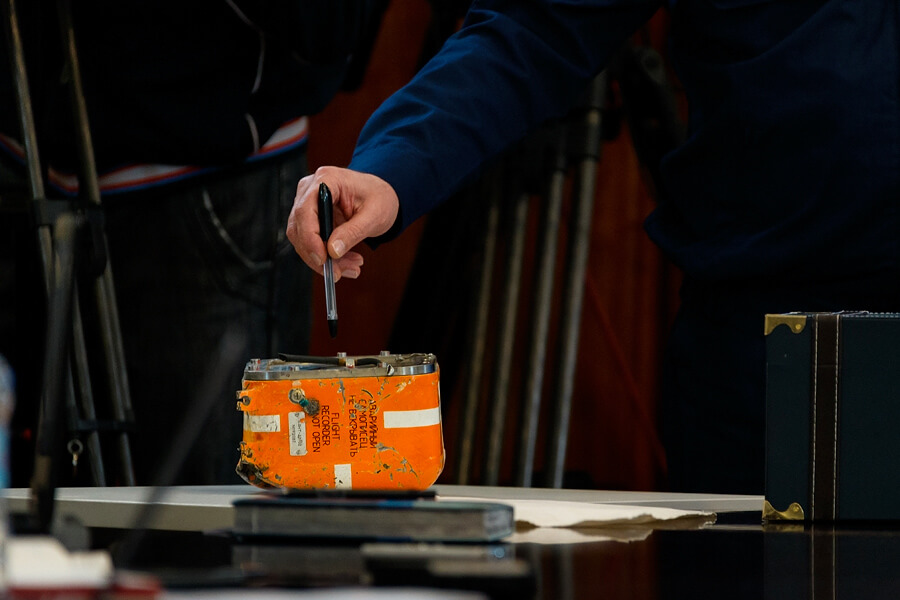
Scientist Alan Winfield, Professor of robotice of the University of the West of England in Bristol, and Mariana Jirotka, Professor of human-centered programming, University of Oxford, believe that robots should be equipped with so-called “ethical black boxes.” It would be the equivalent of the recording devices used in aviation to determine all consistent reason, forcing the pilots to take certain actions in the event of emergencies, allowing the investigators to follow these actions and find out the causes of the disaster.
As robots increasingly leave the industrial factories and laboratories and are increasingly starting to interact with people, and the importance of heightened security measures in this case can be fully justified.
Wingfield and Jirotka believe that companies that manufacture robots, needs to take the example proposed by the aviation industry, which owes its security not only the technology and reliable Assembly, but also strict adherence to safety protocols, as well as serious levels of accident investigations. This particular industry was suggested the black boxes and cockpit, equipped with recording devices, which in the case of incidents allow people who study plane crashes, to find the true cause of these events and apply the vital lessons to improve safety and prevent similar incidents in the future.
“Serious cases require serious investigation. But what will you do if the investigator finds that at the time of the incident with the robot is no internal record of the events was not conducted? In this case, to say what had really happened, would be virtually impossible,” commented Winfield to the Guardian.
Used in the context of robotics, the ethical black boxes will record all decisions, the chain of causality of these decisions, all the movements and sensor data your vehicle. The presence of a black box with recorded information will also help the robot in the explanation of their actions to the language of the users-people will be able to understand that only stronger will strengthen the level of interaction between man and machine and will improve this user experience.
Wingfield and Jirotka not the only expert concerned about the ethical issues around artificial intelligence (AI). Missy Cummings, a specialist in unmanned aerial vehicles and the Director of the Laboratory for the study of human interaction and automation systems at Duke University in North Carolina (USA), said in a March interview with the BBC that oversight AI is one of the most important problems for which so far no solutions found.
“To date, we have derived clear instructions. And without the introduction of industry standards for the development and testing of such systems will be difficult to bring these technologies on a broad level,” commented Cummings.
In September 2016, companies such as Amazon, Facebook, Google, IBM and Microsoft, formed an Alliance “Partnership for artificial intelligence for the benefit of people and society” (Partnership on Artificial Intelligence to Benefit People and Society). The main tasks of this organization is to control the development of AI was conducted honestly, openly and with consideration of ethical standards. In January of this year joined the organization of Apple. After that, many other technology companies have also expressed such a desire and joined the Union.
At the same time outreach a charitable organization to Future of Life Institute (FLI) created Asilomar AI Principles – the basic set of laws and ethical principles for robotics developed in order to be sure of the trustworthiness AI to future of humanity. The founders of FLI were made by these companies, organisations and institutions, like DeepMind and MIT (Massachusetts Institute of technology), and its scientific Advisory Council includes figures such as Stephen Hawking, Frank Wilczek, Elon Musk, Nick Bostrom and even Morgan Freeman, the famous American actor.
In General, if you agree with the view that pre-emptive ideas combined with hard work sharpest minds in the industry are the best protection against any potential problems associated with AI in the future, we can say that humanity is already protected.
Experts propose to equip robots “ethical black boxes”
Nikolai Khizhnyak